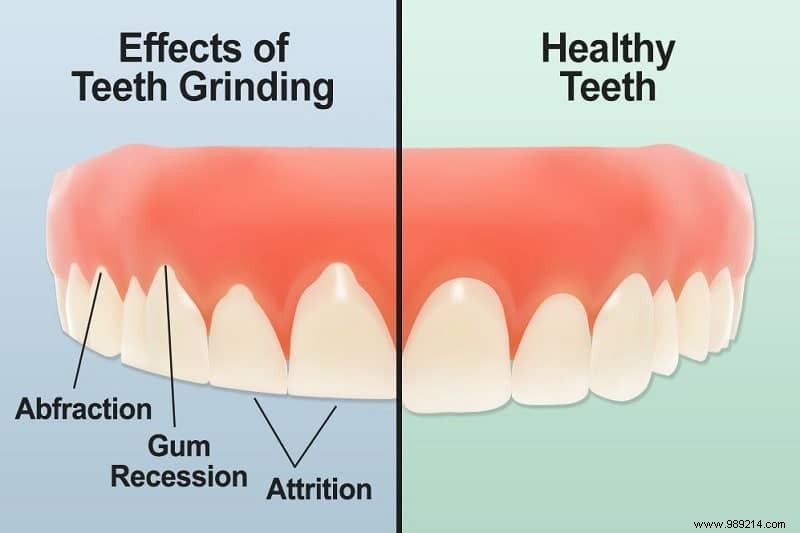Bruxism, the medical term for uncontrolled teeth grinding and clenching, affects millions and can lead to headaches, jaw pain, and damaged teeth. As experienced dental professionals, we've seen its impact firsthand. There are two main types: awake bruxism, which happens during the day, and sleep bruxism, occurring at night.
Stress and anxiety are the primary triggers for bruxism. Other factors include selective serotonin reuptake inhibitors (SSRIs), a common class of antidepressants. A systematic review of case reports in Neurology Clinical Practice highlights a strong association between SSRI use and bruxism.
Additional risk factors encompass smoking, excessive caffeine or alcohol consumption, and acid reflux. While sleep apnea has been suspected, a 2020 study in Sleep and Breathing found no definitive link.
Bruxism is widespread: about one-third of adults experience awake bruxism, and 1 in 10 have sleep bruxism. For most, it's minor, but severe cases cause neck pain, jaw discomfort, headaches, receding gums, and tooth damage requiring crowns or extractions.

Nerve irritation in teeth may necessitate root canal therapy, particularly with sleep bruxism. Awake bruxism treatment focuses on awareness training and psychological support to manage stress triggers.
Sleep bruxism demands specialized approaches since it's unconscious. Custom mouthguards protect teeth and jaws without halting grinding. SSRI users might switch medications under medical guidance. For intense pain, nighttime muscle relaxants or Botox injections into facial muscles provide relief.